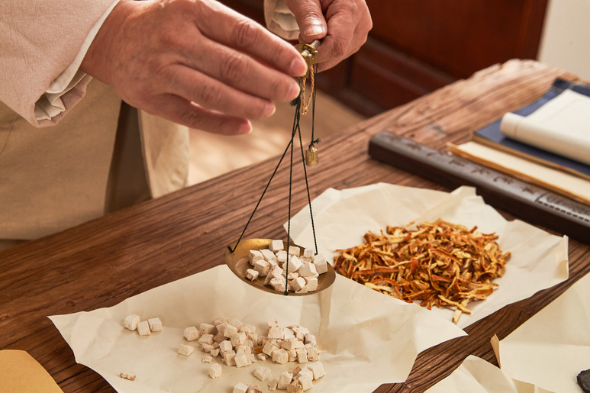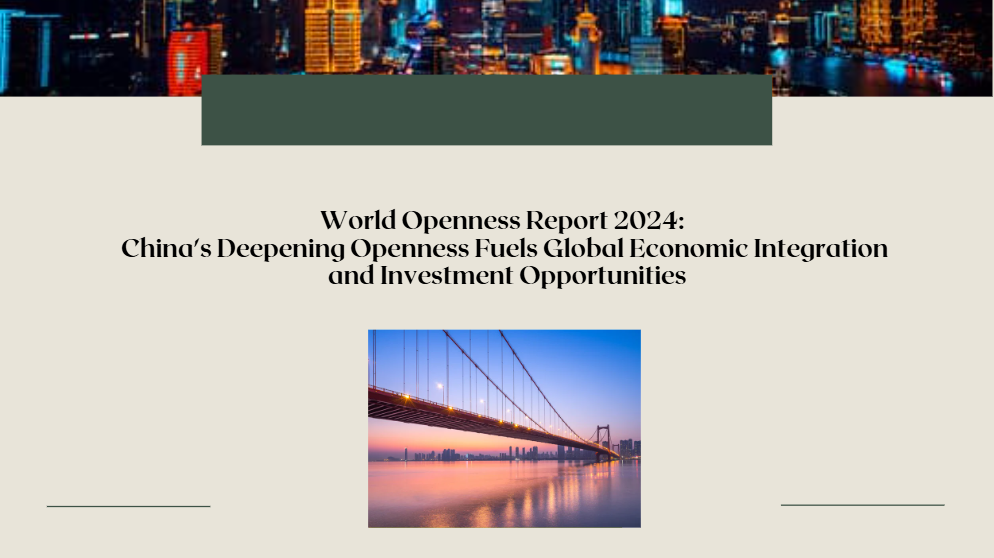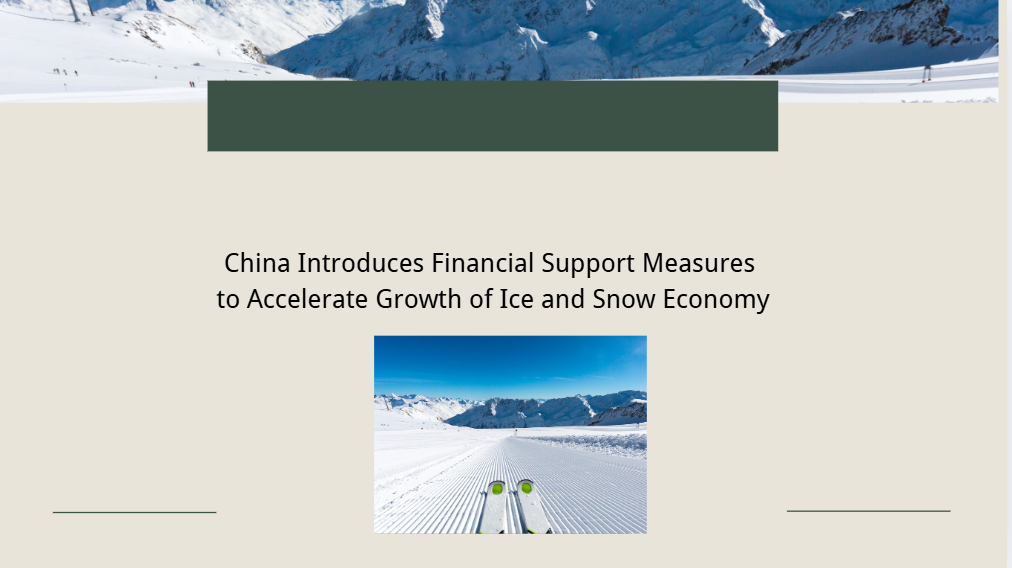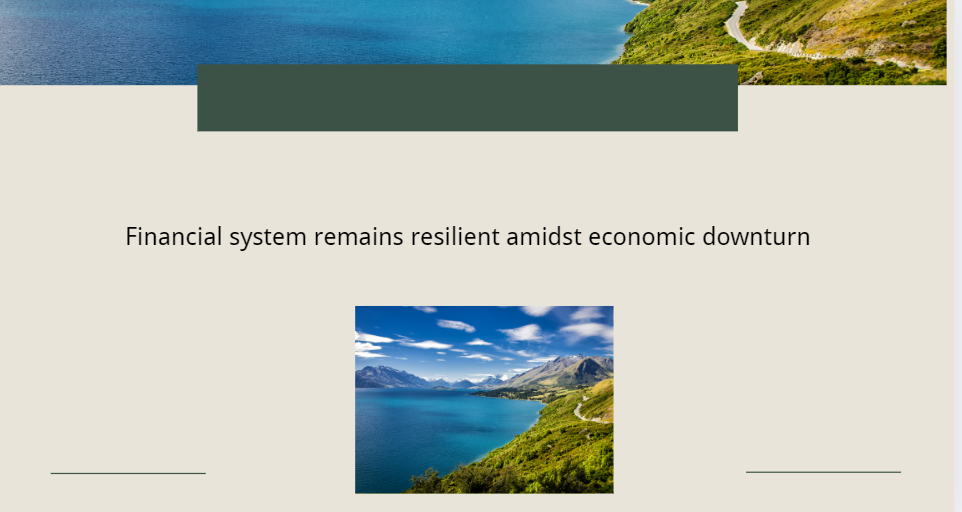Macao's TCM Industry Gains Momentum through Greater Bay Area Collaboration
Macao's traditional Chinese medicine (TCM) industry is experiencing renewed growth, thanks to deepening cooperation within the Greater Bay Area (GBA), particularly with Hengqin in Guangdong Province. Choi Peng Cheong, president of the Pharmaceutical Supervision and Administration Bureau of Macao, outlined these developments in a recent interview, noting that collaboration with Hengqin could significantly enhance Macao's TCM sector.

Expanding Production Capacity through Hengqin
Limited land and resources in Macao have historically restricted the scale of TCM enterprises in the region. To address these constraints, the Macao Special Administrative Region (SAR) government has launched the "Macao Registration plus Hengqin Production" policy, promoting a system in which Macao's TCM enterprises leverage Hengqin's facilities, research capabilities, and workforce to manufacture and co-develop Macao-branded TCM products. By allowing TCM production in Hengqin under Macao's regulatory framework, the initiative aims to strengthen the integrated development of the TCM sector across both regions.
Boosting Market Access through Regulatory Innovations
The mainland's streamlined approval processes for TCM products in Hong Kong and Macao have further facilitated Macao's entry into mainland China’s expansive TCM market. Two Macao-manufactured TCM products for external use recently obtained regulatory approval for the mainland market, marking a milestone for Macao's TCM exports. Meanwhile, collaborative efforts between Guangdong and Macao have enabled mainland-manufactured TCM preparations to be clinically used in Macao hospitals, providing Macao residents with access to high-quality TCM products from the mainland.
Foreign Investment and the 2024 Negative List
With the mainland recently lifting restrictions on foreign investment in the TCM manufacturing sector, including in TCM decoction pieces and proprietary medicines, Macao's TCM enterprises now have expanded opportunities. Choi highlighted that this new “zero access” policy encourages foreign investment, bolstering the supply of high-quality TCM products and fostering healthy competition. Moreover, the 2024 negative list policy, effective from Friday, opens up broader collaborative opportunities, allowing Macao's TCM companies to partner with firms across the GBA, particularly in Hengqin, to advance product development and innovation.
GMTCM Park and International Reach
The Traditional Chinese Medicine Science and Technology Industrial Park of Co-operation between Guangdong and Macao (GMTCM Park), established in 2011, has been a key asset for advancing TCM. As of August, GMTCM Park hosts 237 registered companies, with 83 from Macao. The park has also successfully promoted several TCM products from Macao to Portuguese-speaking countries, reinforcing Macao's role in TCM's international reach. At the recent Belt and Road Forum for TCM Development in Beijing, Choi underscored Macao's commitment to using its unique position to drive TCM’s modernization and global adoption.
Building a "Highland" for TCM in the Greater Bay Area
An official GBA plan from 2020 calls for Guangdong, Hong Kong, and Macao to collaborate in developing a "highland" for TCM, with a goal of significantly enhancing the sector's global competitiveness by 2025. With the backing of innovative policies, regulatory alignment, and international partnerships, Macao's TCM industry stands well-positioned to achieve sustainable growth and contribute to the internationalization of TCM. Through these efforts, Macao aims to bring the benefits of traditional Chinese medicine to a global audience.






















































First, please LoginComment After ~